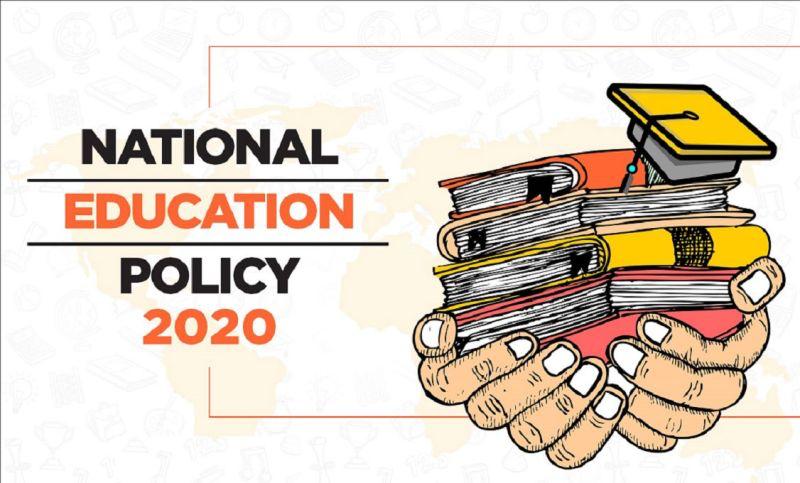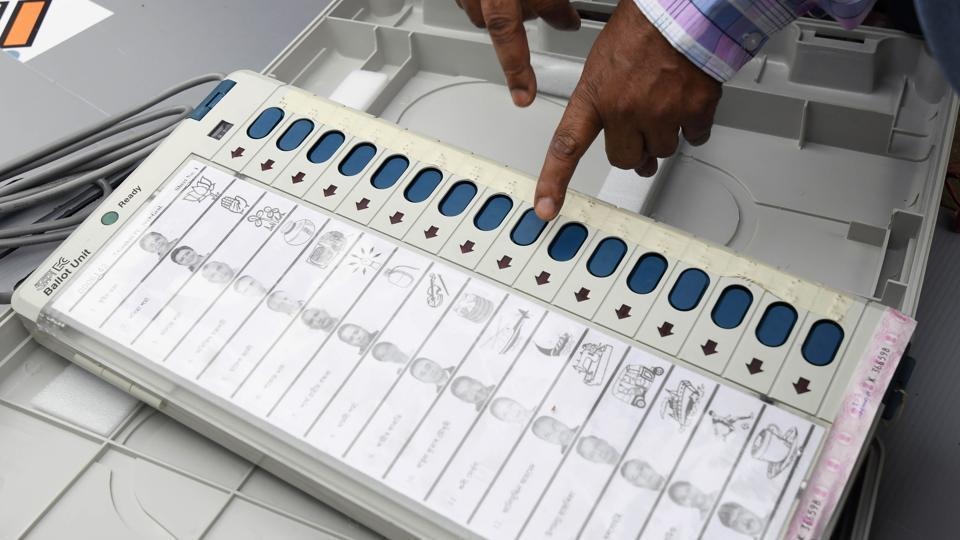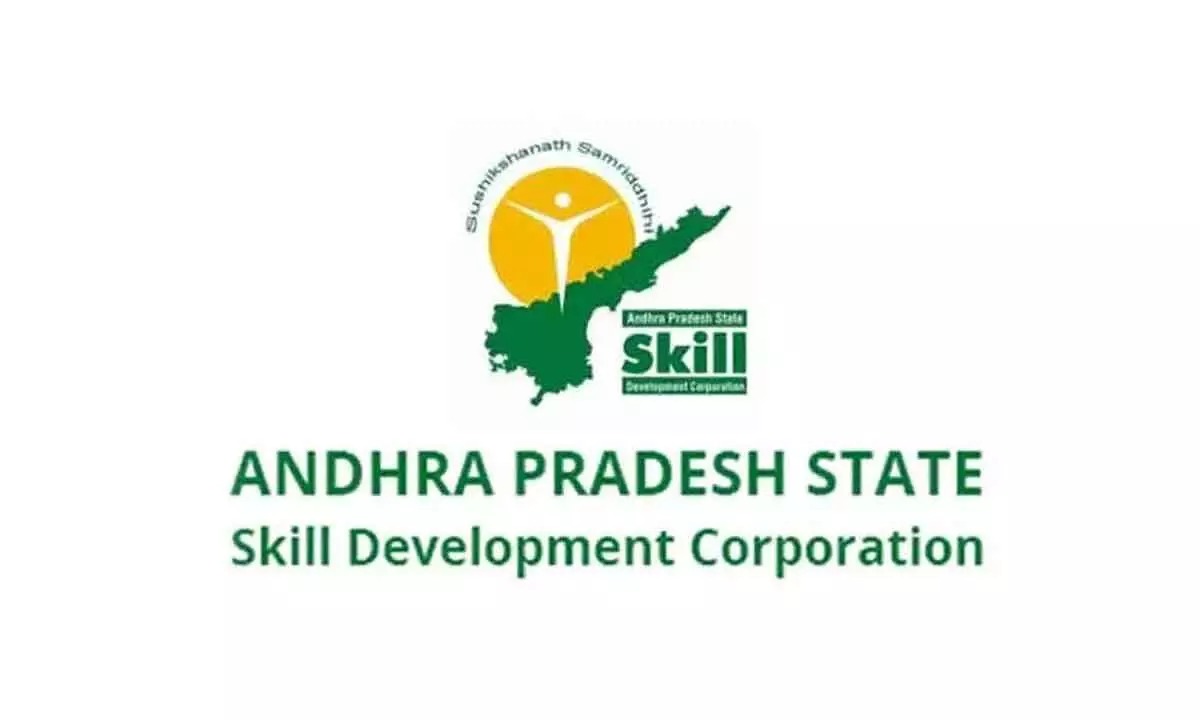 Image Source: LinkedIn
Image Source: LinkedIn
Key highlights
A new university initiative, praised by the Vice Chancellor, signals a focused step towards producing skilled, adaptable graduates who meet the expectations of India’s National Education Policy (NEP) 2020. This move supports holistic, skill-oriented education—one of the core goals of NEP—preparing students for the knowledge-driven and technology-centric future.
NEP 2020: Foundation for Reform
NEP 2020, and now its evolution in NEP 2025, aims to overhaul India’s education system, promoting multidisciplinary learning, vocational training, and digital integration in line with global standards. Its vision is to foster critical thinking, flexibility in subject choice, and early integration of practical and workplace skills to prepare students for diverse, real-world demands.
A compulsory hybrid classroom model across Indian secondary schools is mandated, blending smart classrooms, teacher digital training, and technology-driven lessons to ensure that future-ready skills take a central role in education.
Mandatory vocational courses, requiring at least 120 hours of hands-on skill training before graduation, are now integral to the curriculum—bridging the gap between theoretical and practical job market needs.
Implementation on Campus
Universities are adopting the NEP model by introducing multidisciplinary, skill-based programs, fostering project work, internships, and hands-on learning in collaboration with industry partners and Sector Skill Councils. This approach equips students with employable skills, not limited to conventional academics.
Digital platforms like DIKSHA and SWAYAM have broadened access to quality learning and self-paced skill courses even in rural regions, democratizing knowledge and enhancing student agency.
Ongoing assessment, including frameworks like PARAKH and platforms for real-time feedback, has improved curriculum relevance and accountability.
Context and Outlook
Over 2 lakh students have already participated in vocational programs since NEP’s launch, and foundational learning scores show marked improvement. NEP-driven initiatives, backed with record education budgets and curricular overhauls, aim for 100% school enrollment and universal skill integration by 2030.
While challenges remain with infrastructure and consistent delivery, the VC’s endorsement reflects higher education’s alignment with the national agenda: creating graduates prepared for digital, multidisciplinary, and fast-changing work environments.
Sources: Buddy4Study, iDream Education, Times of India
Advertisement
Advertisement







